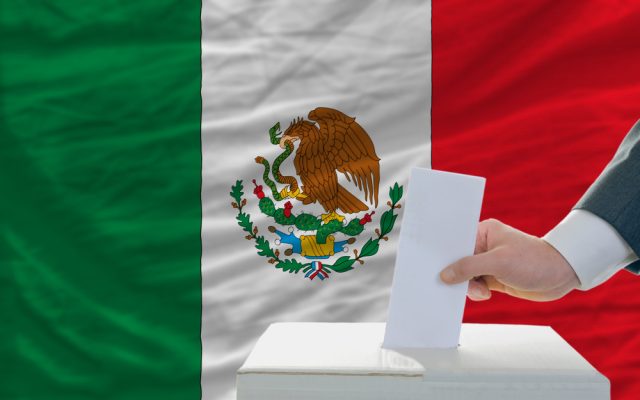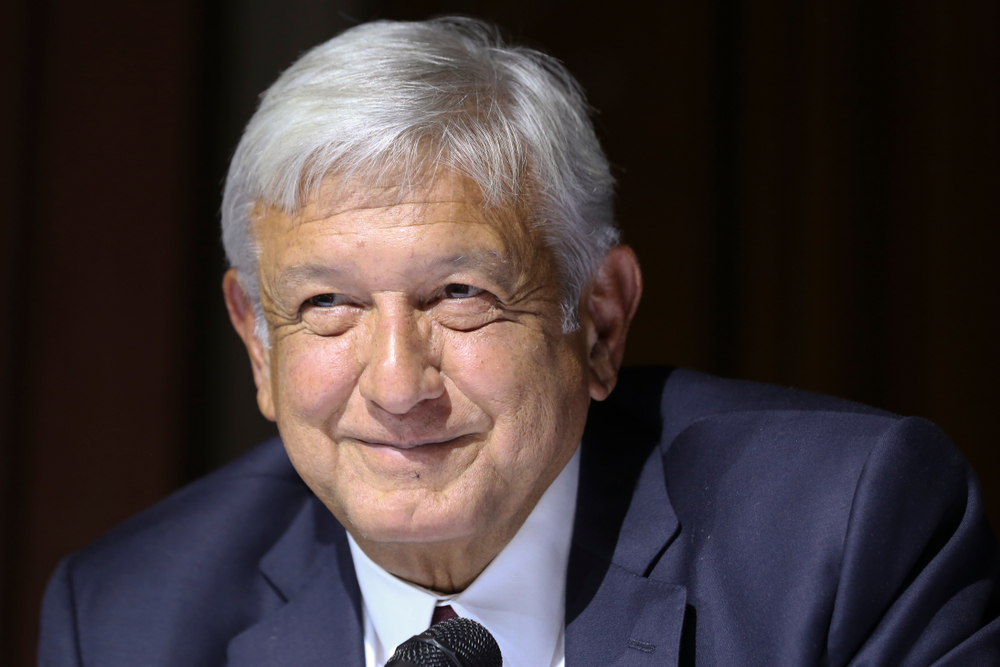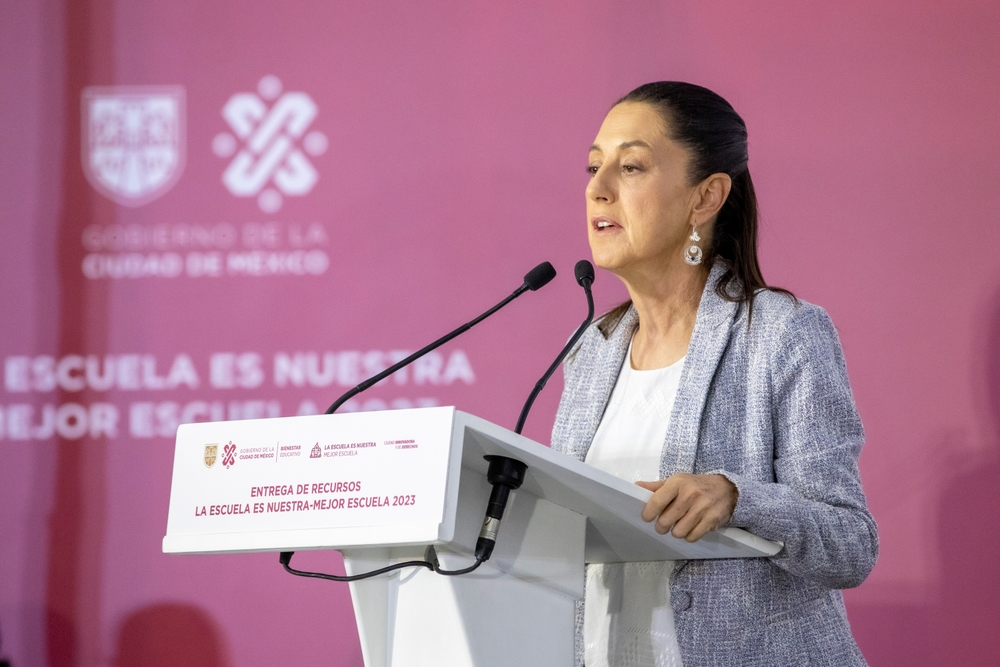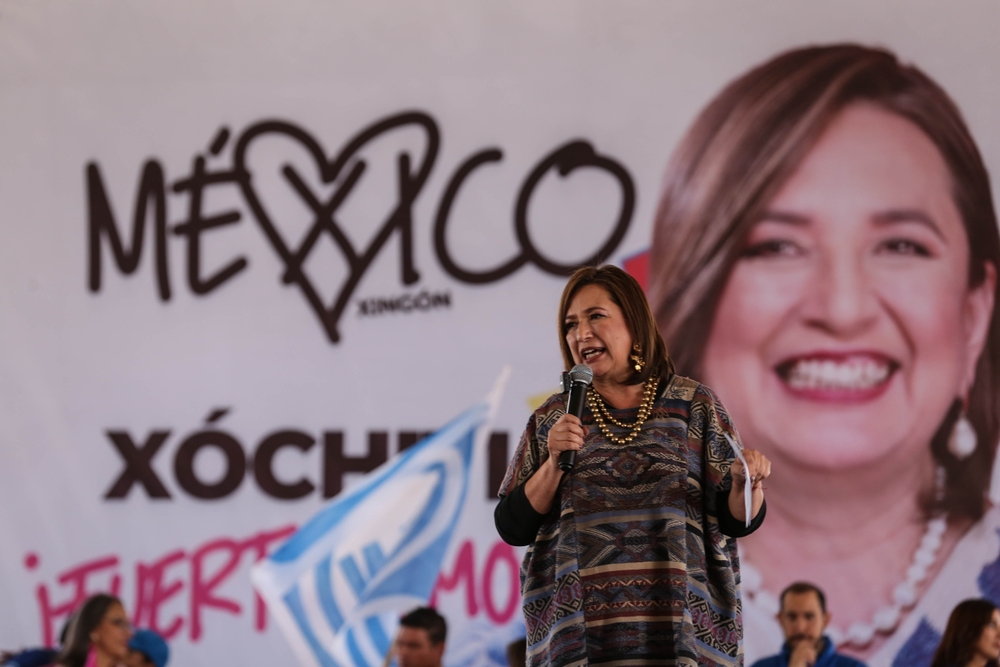
Both sides presented their candidates.
As we approach the year 2024, we are anticipating a significant event – over 2 billion individuals across the globe will be called upon to exercise their democratic rights and participate in the electoral process. This monumental moment in history marks a turning point for the democratic societies of our planet, and it will culminate with the highly anticipated US elections in November.

It’s worth noting that an important indicator of the political trajectory of the Southern states in America is the outcome of the upcoming Mexican general elections. Specifically, the Mexican Constitution’s Article 83 stipulates that the current President, is barred from seeking re-election for a second term, as the Presidency of Mexico is limited to a duration of 6 years.
The President, journalistically abbreviated as AMLO, is an expression of the MORENA party (Movimiento Regeneración Nacional): the party, founded in 2014 after the pre-existing association, is a left-wing nationalist party affiliated to the Sao Paulo Forum, i.e. the alliance of socialist parties and communists of Latin America which in some cases also include armed guerrilla bands.

Morena will present Claudia Sheinbaum as a candidate for President of Mexico in coalition with the Partido del Trabajo (PT) and the Green Party Ecologista de México (PVE). Sheinbaum, 62 years old and of Jewish origin, has so far served as Head of Government of Mexico City (a substantial State Governor, with the Mexican capital having over 9 million inhabitants) after having been Mayor of Tlalpan, one of the main “fractions” of Mexico City. She has distinguished herself, over the years, for her research on sustainable development, the result of her studies in physics and engineering.

Coincidentally, the main challenger is also a woman, namely Xóchitl Gálvez of the center-right coalition including the Partido Acción Nacional (PAN, pro-PPE), the Partido Revolucionario Institucional (PRI, pro-S&D) and the Partido de la Revolución Democrática (PRD, pro-S&D).
The presence of two social democratic parties in a center-right coalition should not be surprising, especially given their history: the PRI was, in fact, the party that governed Mexico in a totalitarian manner from 1929 to 2000, returning to power from 2012 to 2018 with Enrique Peña Nieto proposing a substantial syncretism between authoritarian and corporatist politics and a neoliberal economy; the PRD, on the other hand, is a progressive party of which AMLO was a member before forming Morena and becoming President of Mexico.
Gálvez, who won complex coalition primaries, beating PRI candidate Beatriz Paredes Rangel only in the run-off, has been involved in politics since 2000, having first served as Mayor of Miguel Hidalgo and from 2018 to 2023 she was in the Senate representing the PAN while being independent. From the Otomi family, one of the indigenous populations still existing in Mexico, Gálvez founded High Tech Services more than thirty years ago, a company dedicated to the development of high-tech projects, marking one of the most flourishing and cutting-edge companies in the entire Mexican state.
The electoral situation seems quite clear: the latest polls show Sheinbaum at around 60% of the consensus with Gálvez between 33 and 34%, with a growth of more than 5 percentage points for Morena. However, the political situation is very complex.
In a long interview with CBS, AMLO took stock of the Mexican situation, starting from the migration issue. Immigration to the United States, after a meeting with American President Joe Biden (Dem, pro-S&D) the number of border crossings has halved, but now AMLO has asked for a plan to stem immigration including the allocation by of the United States of 20 billion per year for the countries of Latin America and the Caribbean, the removal of sanctions on Venezuela, the end of the embargo on Cuba and the legalization of Mexicans living and working legally in the United States. AMLO also considers Trump’s proposal to build a wall on the US-Mexico border to be incredible.
The social issue is also delicate, which sees drug “cartels” on the rise throughout the country, especially due to the mass production of Fentanyl which is currently raging in America and also in Europe. The Mexican government has invested millions in job creation to prevent young people from engaging in illicit activities while trying not to crack down on cartels by force.
The use of force against cartels has decreased during AMLO’s mandate; however, political assassinations have tripled. In 2018, 94 government officials or candidates were murdered, compared to 355 in 2023.
Mexico is therefore a country that, despite moving ever closer to the bloc of non-aligned countries, still represents one of the main partners of the United States but also one of the most powerful places of US organized crime. And from June 2, 2024, there will be a new President to manage all this.



 Subscribe
Subscribe